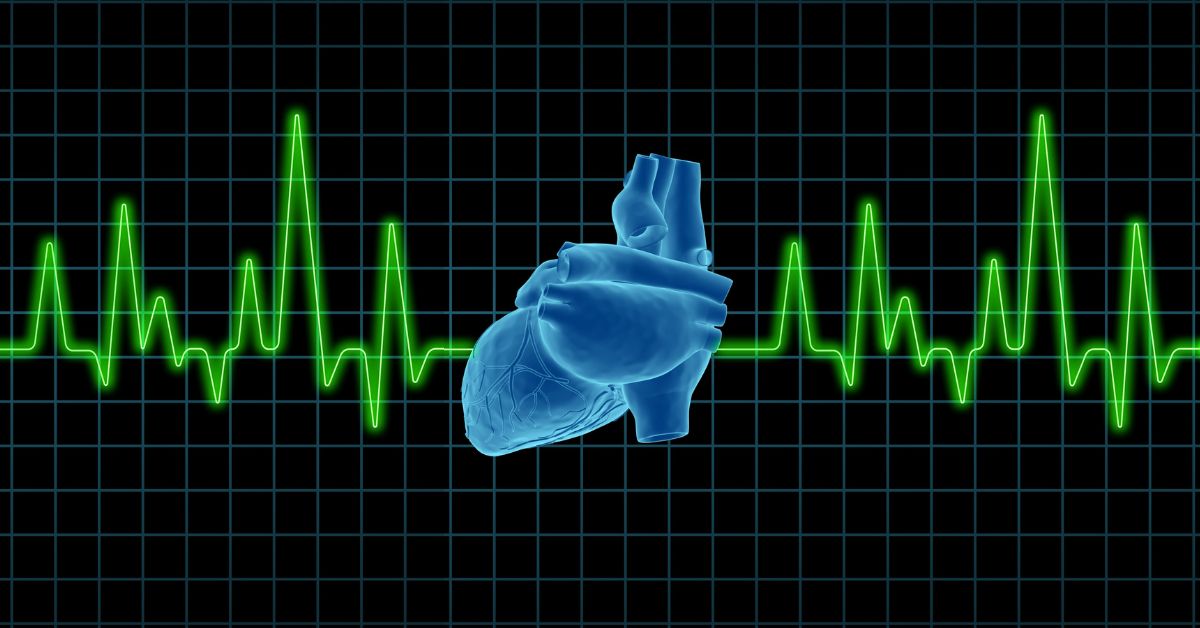
Who Should Consider Heart Screening?
Heart disease continues to be one of the leading causes of death in Singapore, often striking without warning. Many cardiovascular conditions develop silently over time, which is why early detection may be beneficial for certain individuals. This is where heart screening could play a role—even if you feel healthy or have no symptoms, some individuals may still benefit from it depending on their risk factors.
What Is Heart Screening?
Heart screening typically involves a series of tests that assess early signs of heart disease. These may include blood pressure checks, cholesterol tests, electrocardiograms (ECG), stress tests, and CT Coronary Angiograms. The goal is to provide insight into heart function and detect possible issues early.
Who Should Consider Heart Screening?
Individuals with a Family History of Heart Disease
If heart disease runs in your family, it may increase your personal risk too. Genetics can play a significant role, especially if a parent or sibling was diagnosed at a young age. For these individuals, early heart screening is critical to monitor for inherited risks and prevent future complications.
Adults Aged 40 and Over
Risk factors for heart disease increase with age. Men over 40 and post-menopausal women may face greater risk due to hormonal and metabolic changes. Heart screening helps detect early warning signs that may not be apparent in routine check-ups.
Individuals with High Blood Pressure or High Cholesterol
Both high blood pressure and high cholesterol can quietly damage your heart and arteries over time. People with these conditions are prime candidates for regular heart screening to manage risk and tailor treatment plans effectively.
Diabetics and Those with Pre-Diabetes
Diabetes may increase your risk of developing heart disease. Elevated blood sugar levels can harm blood vessels and lead to plaque buildup. Regular heart screening is vital for diabetics and pre-diabetics to stay ahead of potential heart complications.
Smokers and Ex-Smokers
Smoking damages the cardiovascular system by narrowing arteries and raising blood pressure. These can have lingering effects on cardiovascular health. Heart screening helps assess the long-term impact and provides guidance for future prevention.
Sedentary Individuals or Those with Unhealthy Lifestyles
Lack of exercise, poor nutrition, and high-stress may contribute to heart disease risk. If your lifestyle includes these risk factors, heart screening can help you identify internal changes before they manifest as serious conditions.
People Living with Chronic Stress
Stress may not seem like a direct cause of heart disease, but it often contributes through elevated blood pressure and unhealthy coping behaviours. If stress is a constant in your life, screening offers a proactive approach to monitoring your heart health.
Take Charge of Your Heart Health Today
While heart screening does not prevent disease, it may assist in early identification of potential issues. Heart screening is a proactive, potentially life-saving step—whether you have known risk factors or simply want peace of mind. Don’t wait for symptoms to appear.
Talk to your doctor about which heart screening tests are right for you. A few simple tests today could protect your tomorrow.
Located at Orchard, AsiaMedic offers a range of health screening options in a single, convenient location—including access to in-house imaging like CT and MRI. This setup allows for a smoother experience for individuals requiring additional diagnostics during or after their screening.




